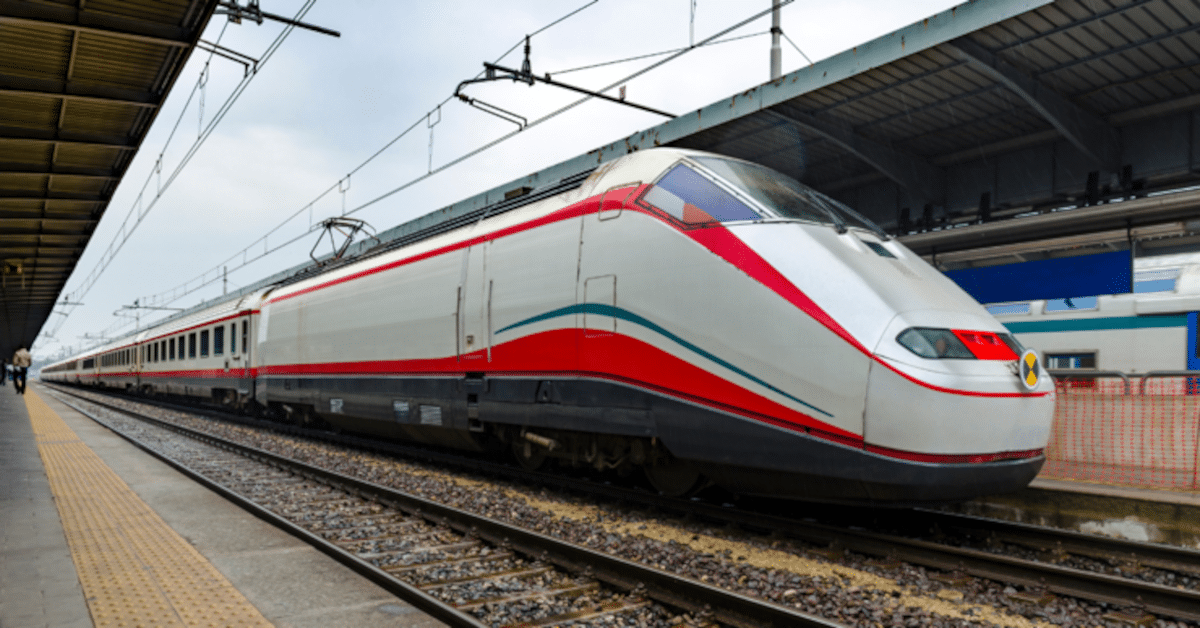Flanders promised a reduction in vehicle kilometres by 2030. This requires a strong boost in public transport, along with other policies. The benefits would be enormous, yet there has been more talk than walk. Without a shift in course, private cars will continue to dominate.
– Flanders promised a reduction in vehicle kilometres by 2030 and the updated NECP needs to ensure this target
– This requires a strong boost in public transport, along with other policies.
– The benefits would be enormous, yet there has been more talk than walk. Without a shift in course, private cars will continue to dominate.
The Flemish Energy and Climate Plan promised a 15% reduction in vehicle kilometres by 2030. The social benefits of such a shift would be enormous: healthier and happier citizens, better air and more efficient use of space. We would also benefit economically: every kilometre by bike earns our society €1, while every car kilometre increases societal costs by the same amount. The climatic (and wider environmental) gains are also evident: transport emissions account for 20% of total Belgian emissions, and 36% of Flemish non-ETS emissions.
These goals have not been translated into practice. According to the latest travel survey, Belgians made 65% of their trips by car. There is little sign of a turnaround. The number of cars in the Flemish fleet continues to grow, as does the number of Belgian employees with a company car (23%). Traffic jams are almost back to pre-Corona levels and cost us just under 5 billion euros in 2022. The number of passengers on Flemish public transport is still 10-20% below that of 2019.
Without additional policies, the car will remain as dominant as ever. To initiate this modal shift, there is a need for a strong boost in the quality and availability of public transport.
This requires an increase in investment budgets, to boost the safety, speed and comfort. of public transport. Passenger volume targets need to be raised, coupled with an expansion of available routes, as well as operating budgets. A new approach is also needed in terms of accessibility and affordability. Parallel to this, road pricing for cars and vans must finally be introduced.
The coalition agreement’s ambitions in terms of bus’ electrification are also out of sight. The government announced that it wanted all buses in city centres to run emission-free by 2025 at the latest and to have only zero-emission buses by 2035. But its approach has been piecemeal, and actual electrification has remained incredibly slow.
The sad state of Flemish public transport is a symptom of the lack of a broader sustainable mobility policy. Other necessary measures, such as putting into legal practice the Flemish phase-out of internal combustion engines by 2029 and the introduction of an (endlessly debated) road pricing scheme, are still lacking. The only exception was in regards to bicycles, where the government made good use of European funds to invest in new infrastructure.

